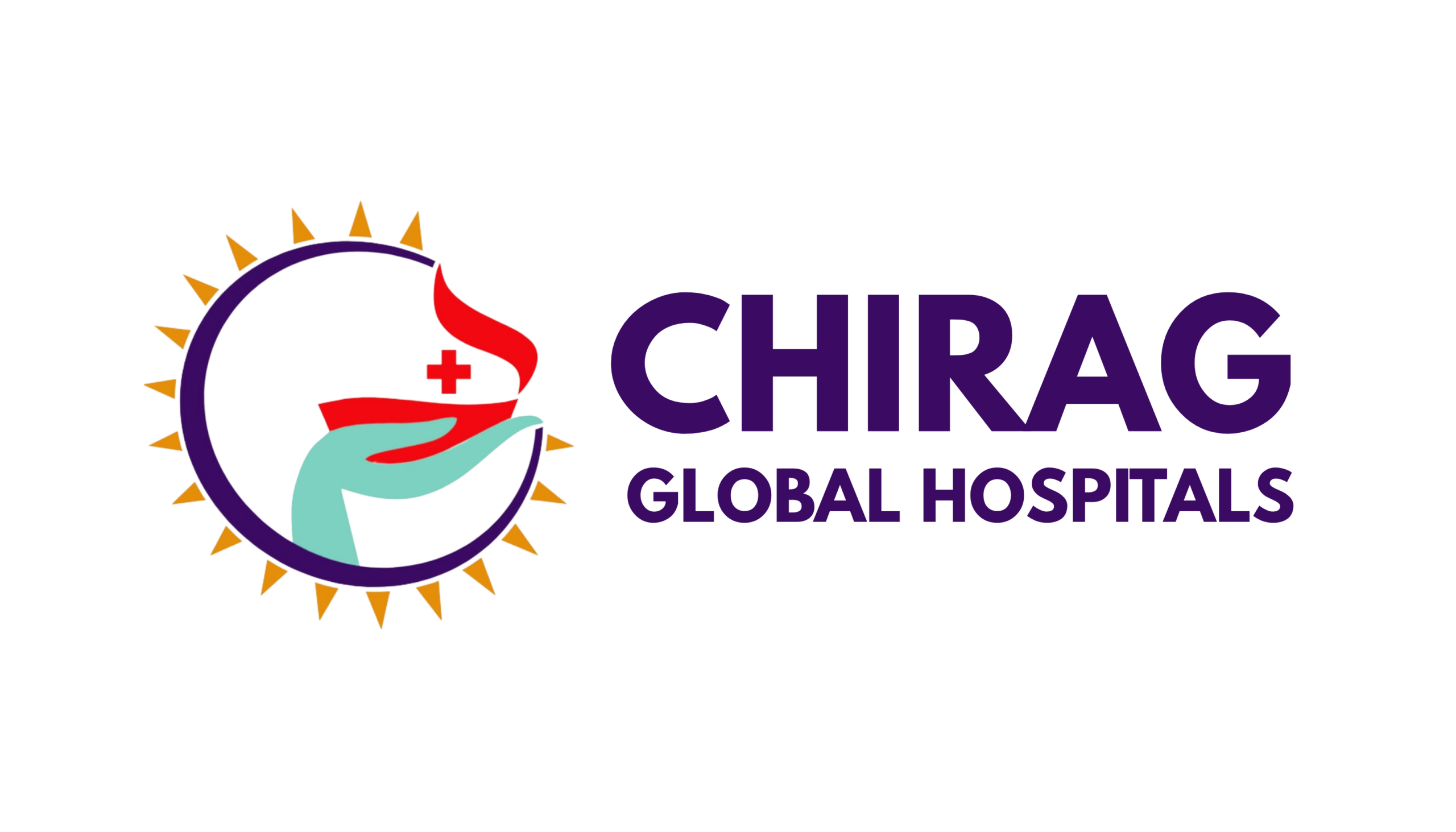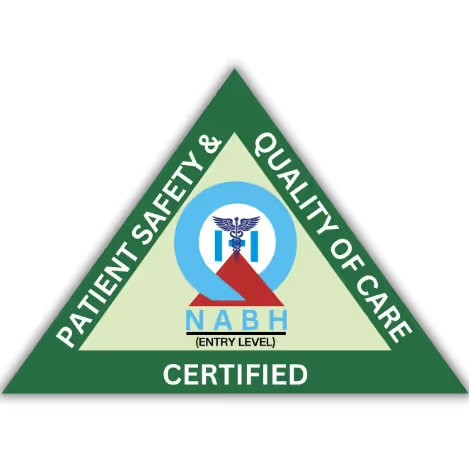By Chirag Global Hospitals

Living with an anal fistula can be a deeply distressing experience—physically painful, emotionally exhausting, and socially isolating. While the medical side of the condition is often addressed, the psychological and emotional toll frequently goes unspoken. At Chirag Global Hospitals, we believe that treating the person is just as important as treating the condition.
We explore:
- What an anal fistula is
- The often-ignored emotional impact
- Strategies for coping with stress, anxiety, and relationship strain
- Holistic recovery practices
- Real-life insights to empower and support your healing
What Is an Anal Fistula?
A fistula is an abnormal tunnel between two parts of the body that are not normally connected. In the case of an anal fistula, this tract connects the anal canal to the skin around the anus, usually resulting from an infection or abscess.
Fistulas caused by cancer are rare but can also form in the pelvic area due to malignancies or post-treatment complications. For example:
- Between the bladder and the bowel and the vagina
- Between the rectum and the bladder or the urethra
- Between the bowel and the bladder
Symptoms of an Anal Fistula
- Skin irritation around the anus
- Constant, throbbing pain (especially when sitting or moving)
- Smelly discharge near the anus
- Pus or blood in stool
- Swelling and redness around the anus
- Fever (especially with an abscess)
- In some cases, difficulty controlling bowel movements
- A visible opening or hole near the anus
Causes of Anal Fistula
Most fistulas develop after an anal abscess that did not heal completely. When an infection forms in the anal glands, it may result in a sinus infection. If untreated, this can develop into a fistula. Prompt diagnosis and early-stage management are essential for preventing complications.
Understanding the Emotional Impact of Anal Fistula
The emotional burden of living with an anal fistula can be overwhelming. You may find yourself battling:
- Embarrassment due to discharge or odor
- Anxiety about leaving the house or being in public
- Sleep disruption due to pain
- Fear of surgery or medical treatments
- Irritability and mood swings
- Depression due to prolonged suffering
- Social withdrawal and isolation
The stigma and silence surrounding anal health conditions only increase the emotional burden.
How Anal Fistula Affects Daily Life
This condition doesn’t just cause discomfort—it disrupts routines, relationships, and self-esteem.
Area of Life | Common Impact |
Workplace | Missed days, fear of long meetings, difficulty sitting |
Social Life | Avoiding outings, fear of odor or leakage |
Sleep | Interrupted rest due to discomfort |
Intimacy | Fear of closeness, communication barriers |
Mobility | Avoidance of travel or exercise |
Coping with Stress and Anxiety: Practical Strategies
Managing your mental health is just as important as treating your fistula. Here are effective ways to reduce stress:
Practice Mindfulness
Techniques like deep breathing, yoga, or guided meditation can improve emotional regulation. Just 10 minutes a day can lower cortisol (stress hormone) levels.
Stay Active
Light activities like walking or swimming can elevate mood and reduce inflammation. Exercise also helps distract from pain and boosts energy.
Self-Care Matters
Make time for activities that bring joy—reading, art, music, and prayer. Emotional self-nurturing helps you build resilience.
Join a Support Group
You are not alone. Online communities and hospital-led groups help patients share experiences and advice in a safe environment.
Maintain a Healthy Lifestyle
Eat anti-inflammatory foods like turmeric, leafy greens, and omega-3-rich fish. Avoid processed foods, alcohol, and smoking. Prioritise restful sleep.
Holistic and Complementary Therapies
Incorporating alternative therapies can accelerate recovery and reduce psychological strain.
- Pelvic floor physiotherapy – Helps relax tense muscles and improve control
- Acupuncture – Known to reduce chronic pain and anxiety
- Herbal Sitz Baths – Reduce inflammation, pain, and irritation
- Aromatherapy – Essential oils like lavender and eucalyptus promote relaxation
Emotional Recovery Timeline: What to Expect
Phase | Duration | Physical Experience | Emotional State | Support Suggestions |
Diagnosis | Week 0–2 | Pain, fear of the unknown | Anxiety, confusion | Medical consultation, family support |
Early Treatment | Weeks 2–4 | Healing post-surgery | Stress, vulnerability | Rest, mindfulness, support group |
Recovery | Month 1–3 | Improved symptoms | Hope, emotional recovery | Gentle activity, counselling |
Stabilization | 3+ Months | Return to routine | Confidence, motivation | Reintegration into normal life |
Frequently Asked Questions (FAQ)
1: Can anxiety make fistula pain worse?
Yes. Anxiety increases muscle tension and amplifies pain signals, creating a feedback loop. Relaxation techniques are essential.
2: How long does emotional recovery take?
It varies by individual, but most patients report emotional improvement within 1–3 months post-treatment.
Why Chirag Global Hospitals?
Chirag is a renowned medical centre that offers advanced and comprehensive treatments for a wide range of medical conditions, including anal fistula. Here are several reasons why Chirag Global Hospitals is an excellent choice for treating anal fistula.
- We have a team of highly experienced and skilled surgeons who specialise in the treatment of anal fistula.
- We use the latest surgical techniques and technologies to provide the most effective and minimally invasive treatments, ensuring a faster recovery time and minimal discomfort for patients.
- We have a patient-centred approach, ensuring that patients receive personalised and compassionate care.
- We prioritise patient safety, comfort, and satisfaction, and our staff provides high-quality care and support throughout the treatment process.
At Chirag Global Hospitals, we provide the best anal fistula treatment. Also, we understand the discomfort and pain that anal fissures can cause, and we strive to provide compassionate care and personalised treatment plans for each patient. With our state-of-the-art facilities and expert staff, we are committed to helping our patients achieve optimal health and wellness.
Final Thoughts: Healing Is Holistic
You are more than your diagnosis. By treating both the body and the mind, you can reclaim your confidence, relationships, and well-being. Whether you’re newly diagnosed or recovering from surgery, know that support, healing, and hope are always within reach.







